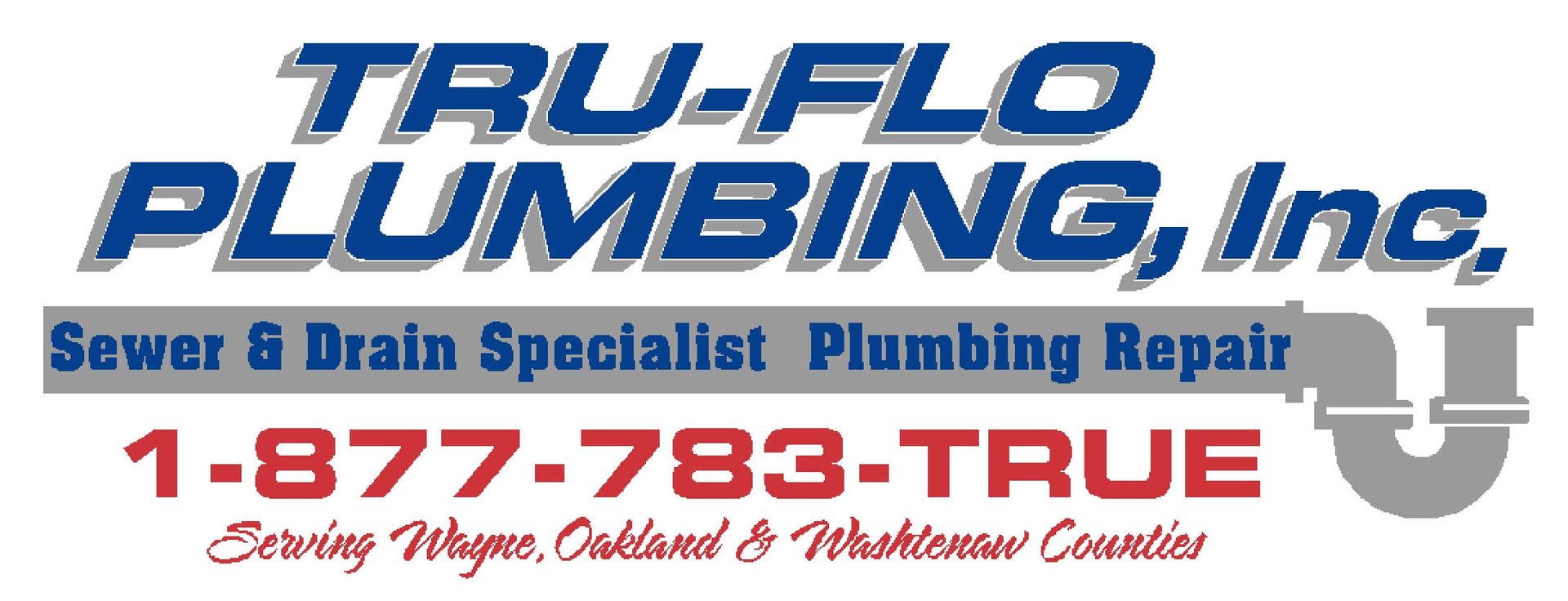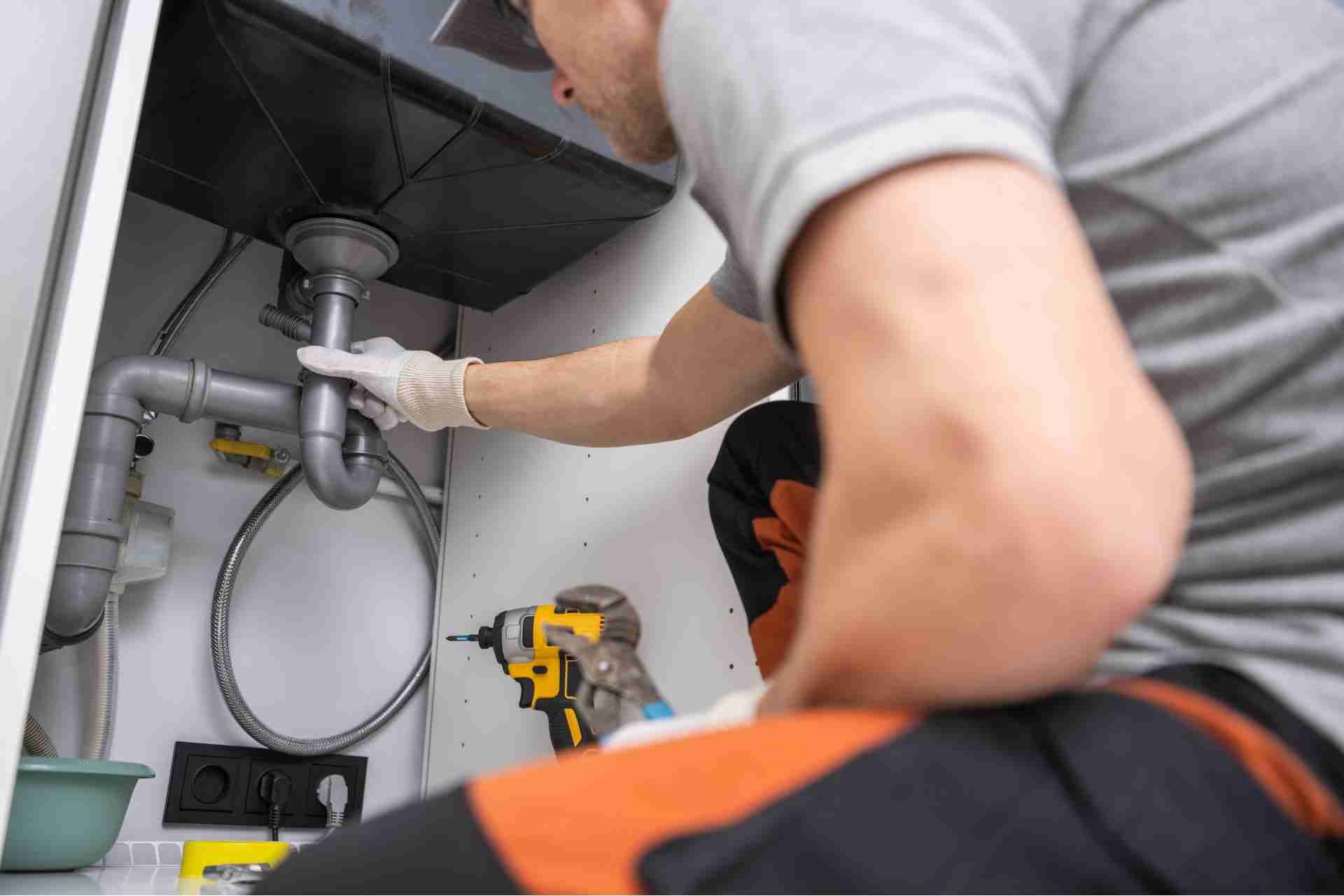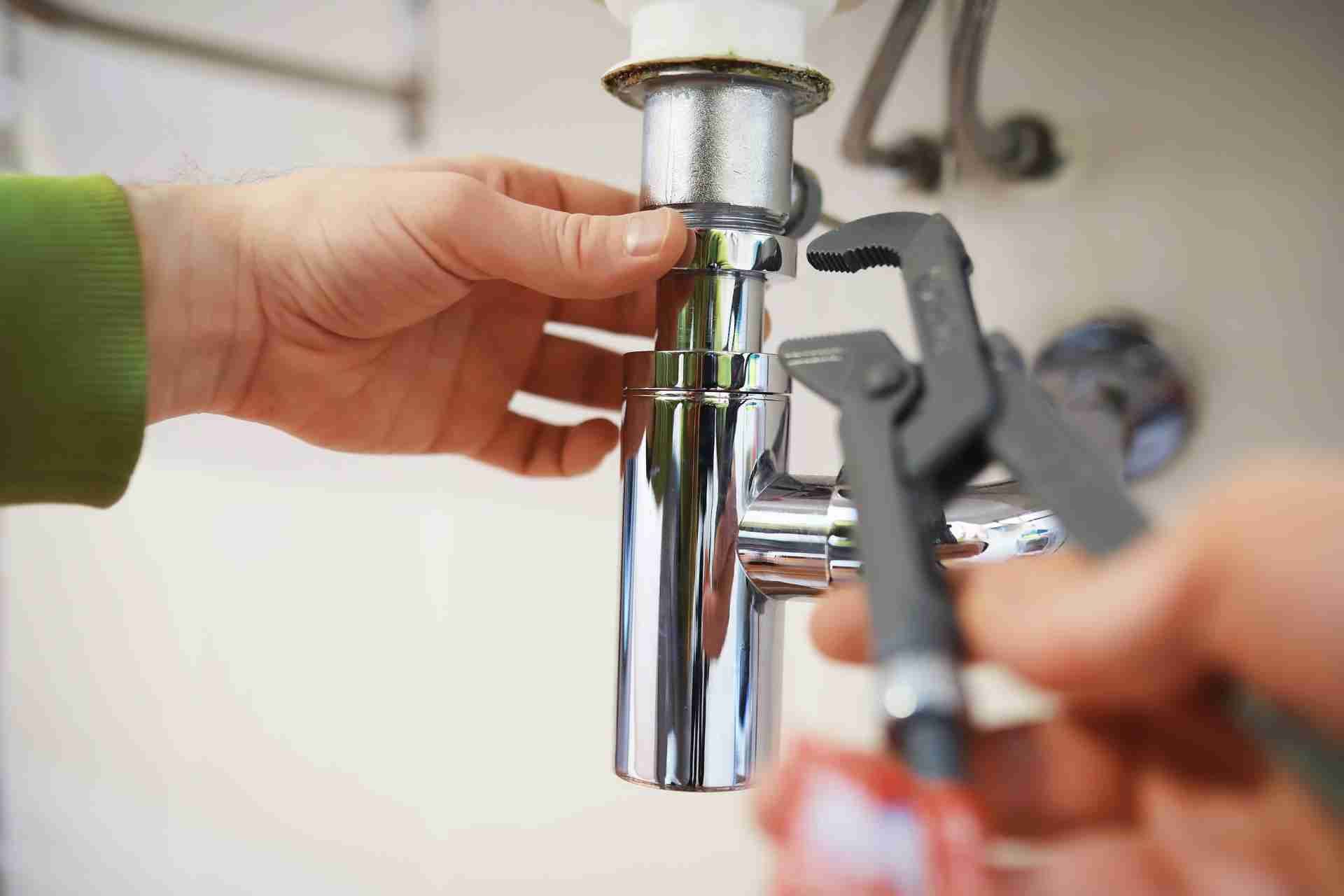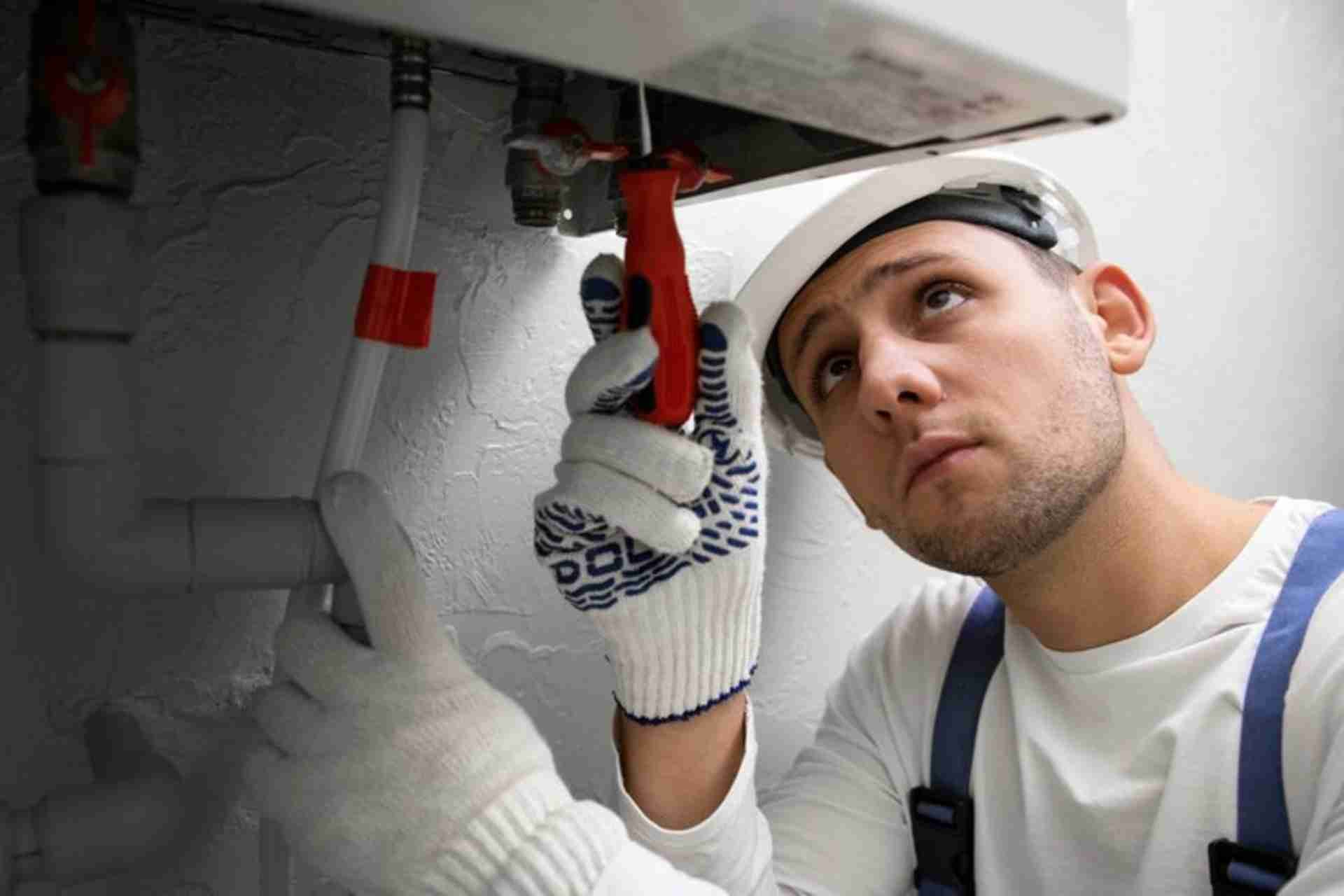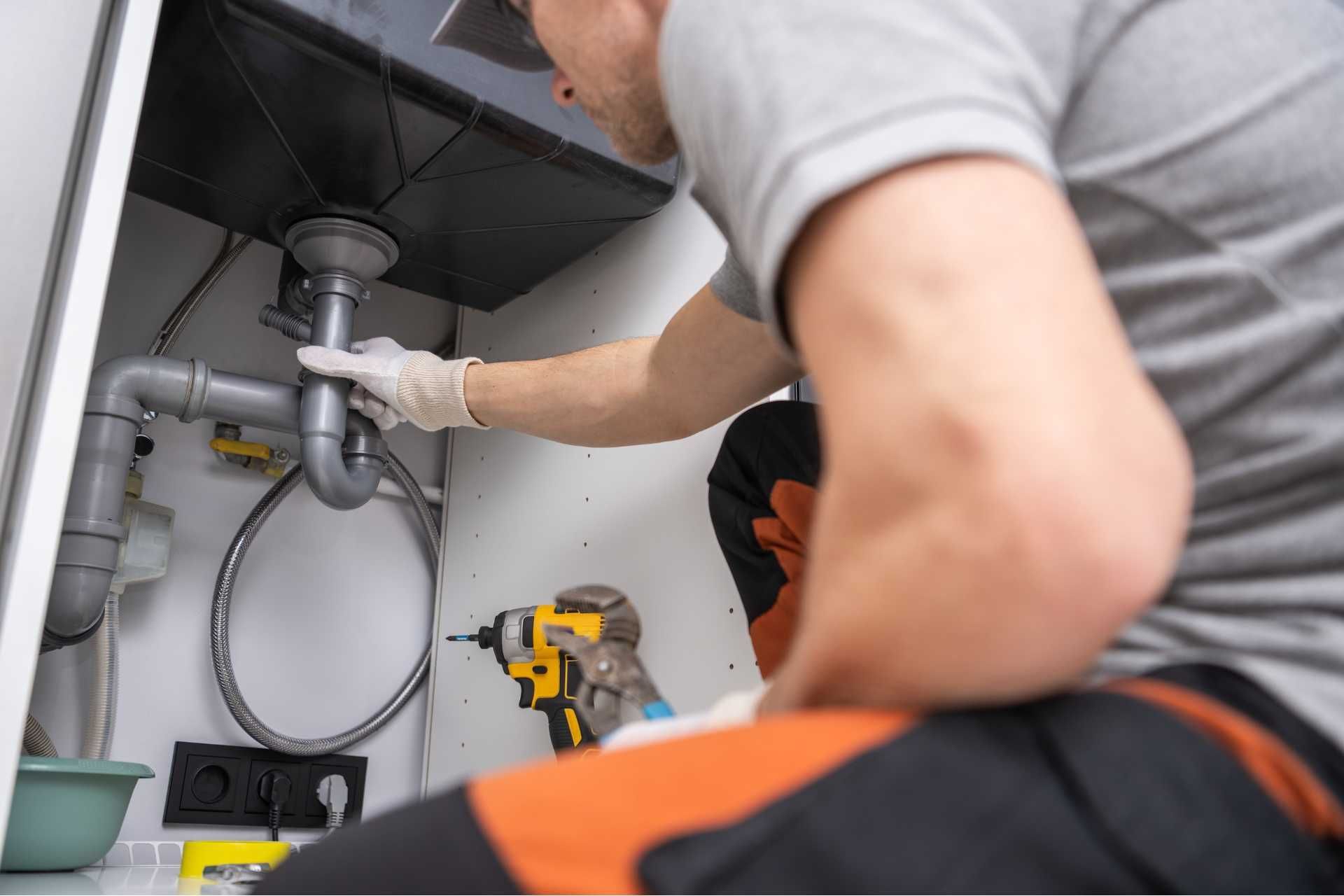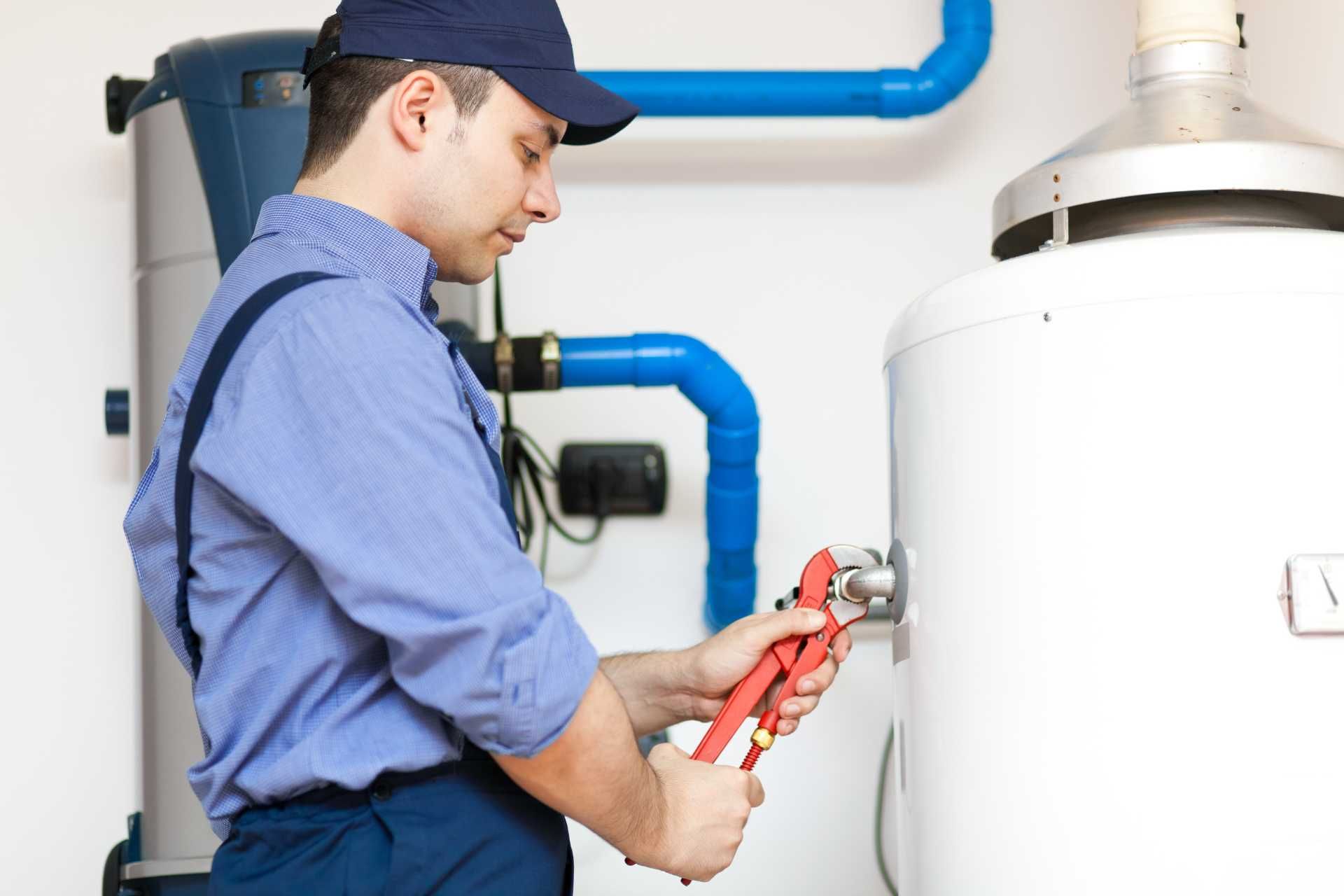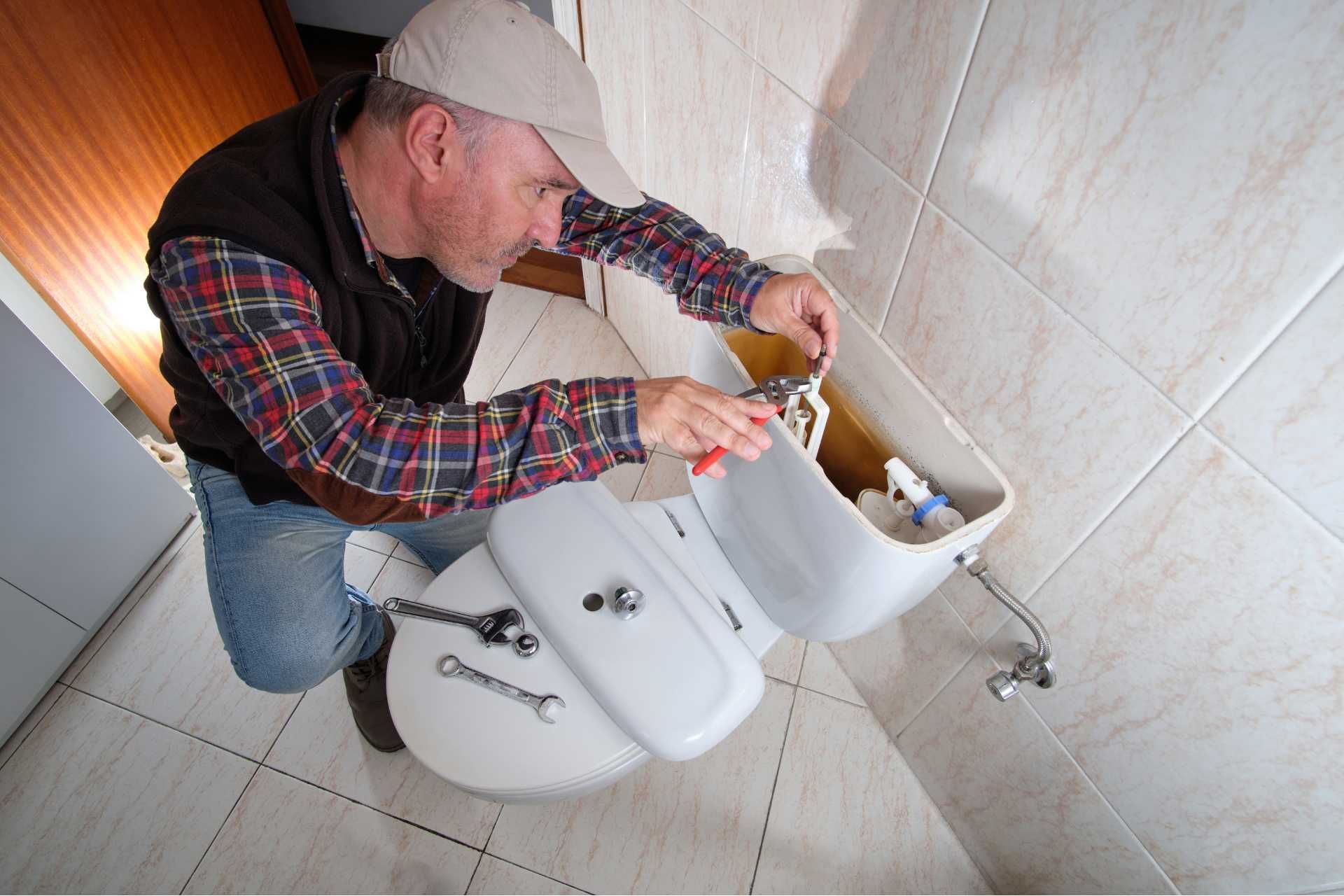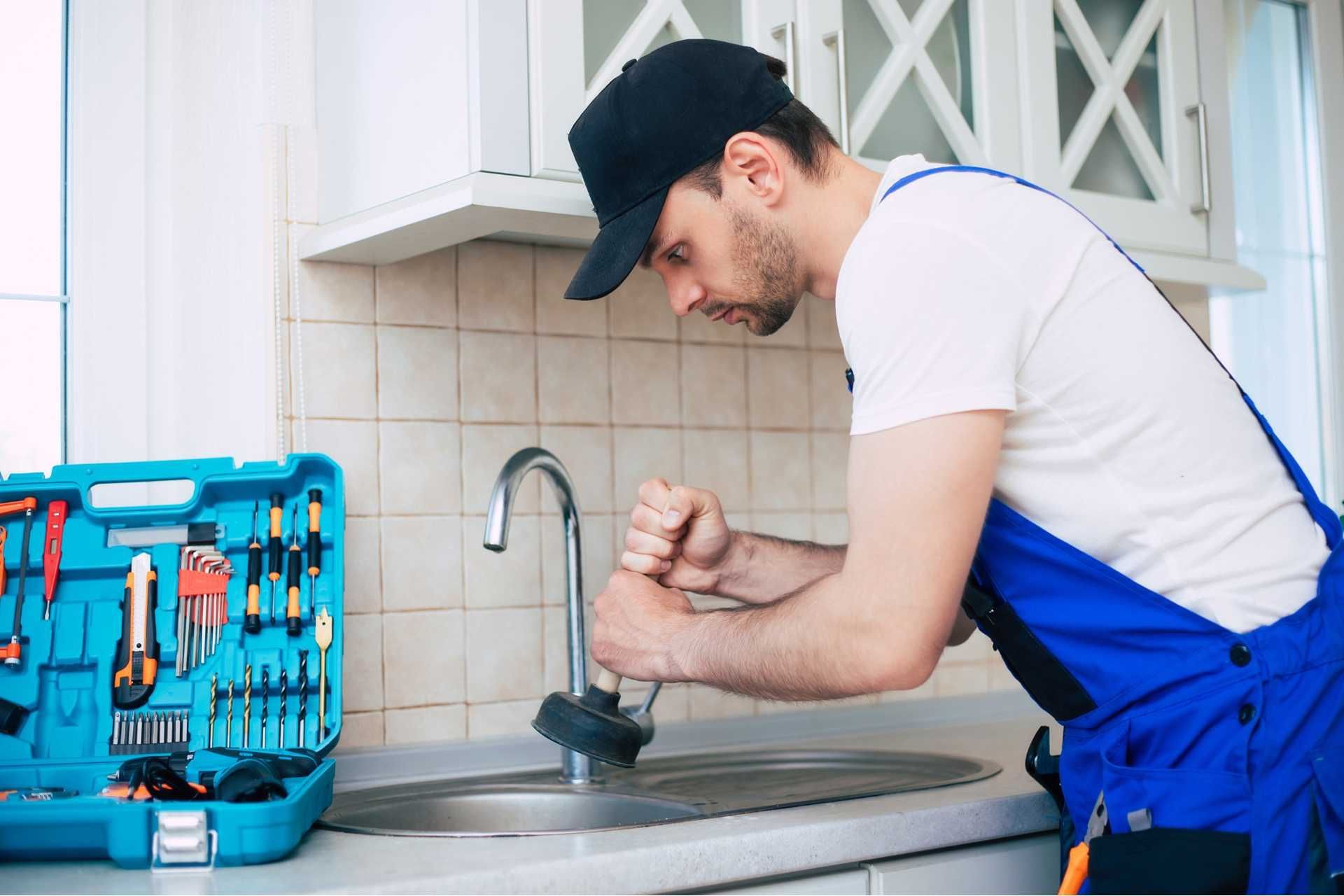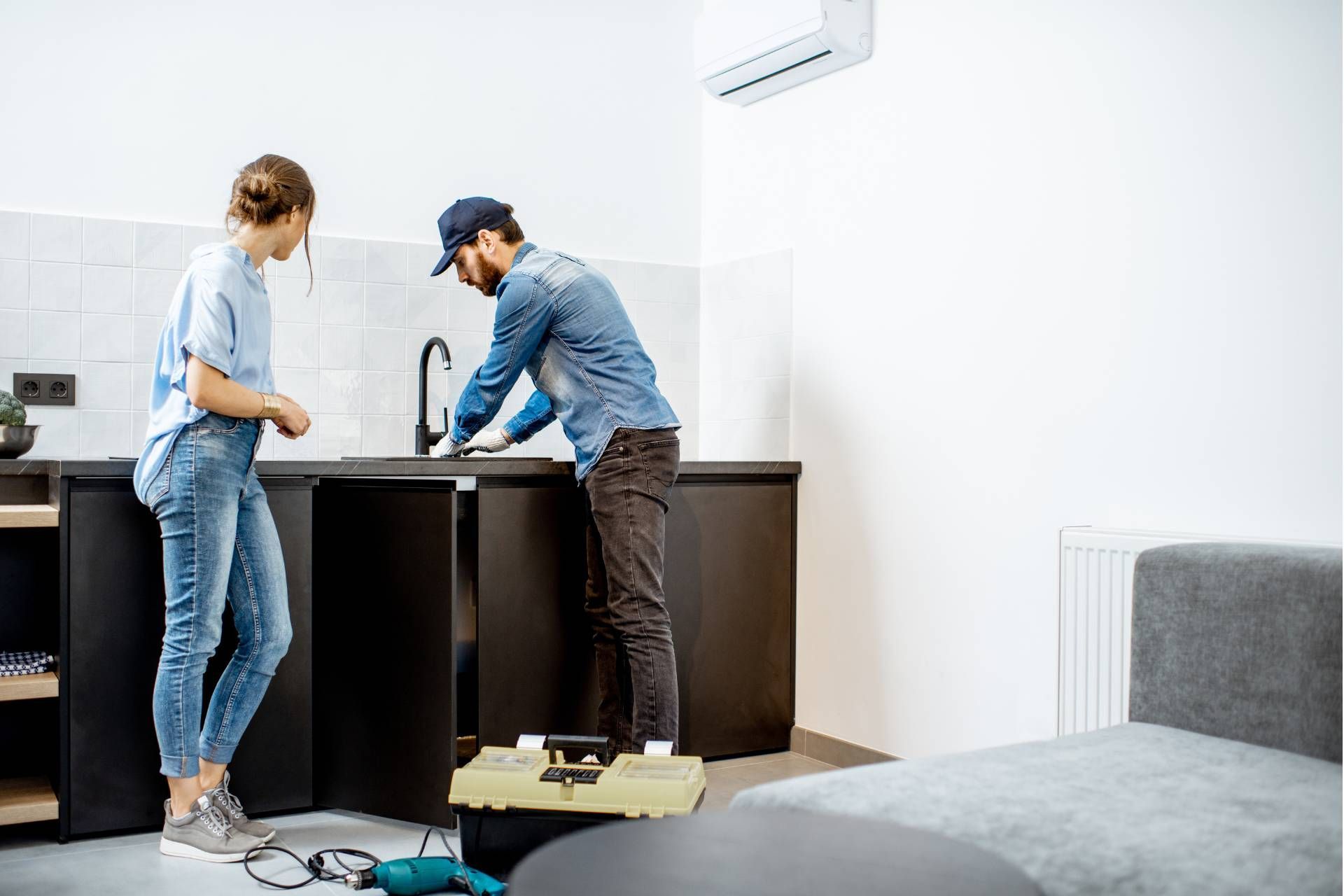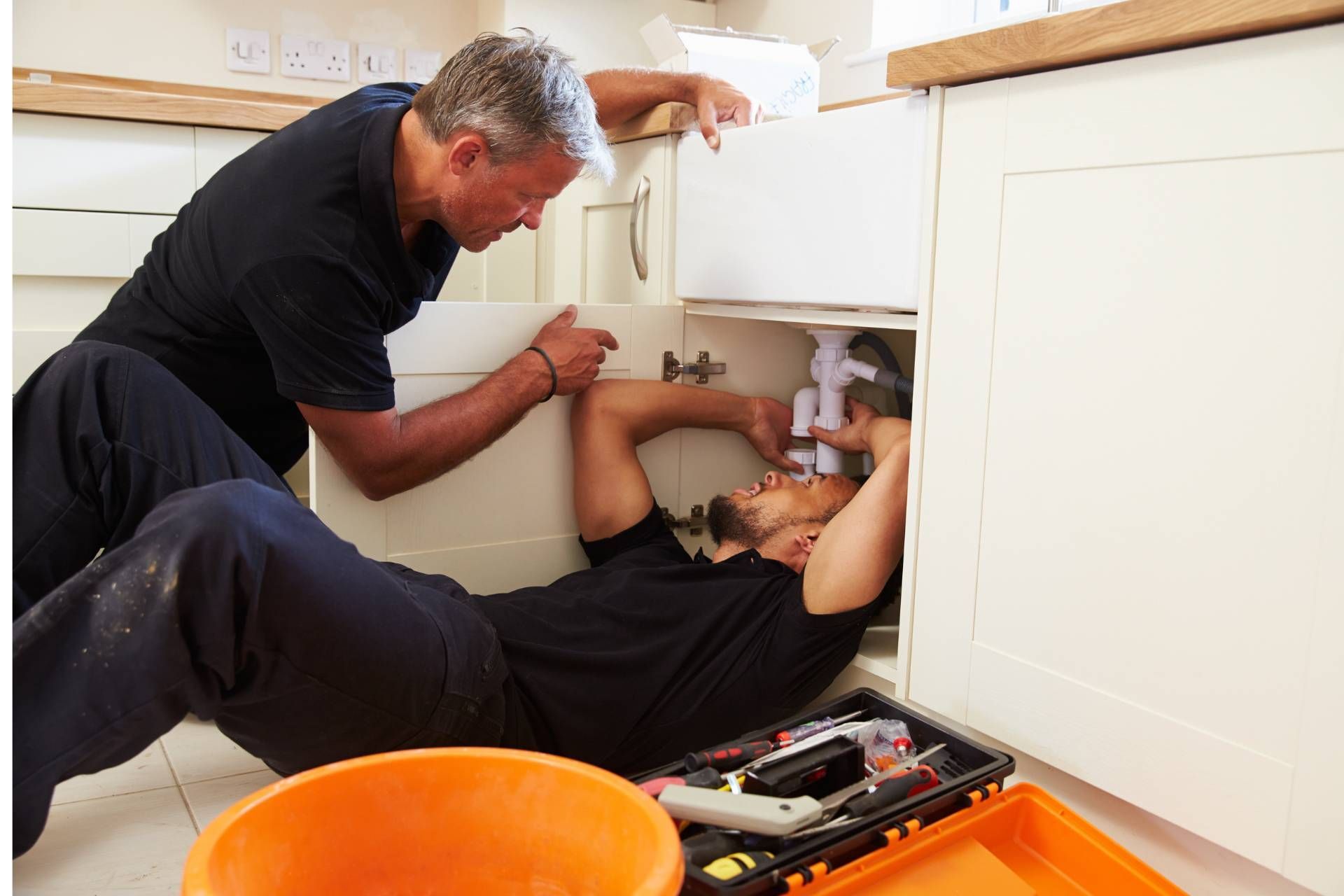Signs of Sewer Backup is Coming
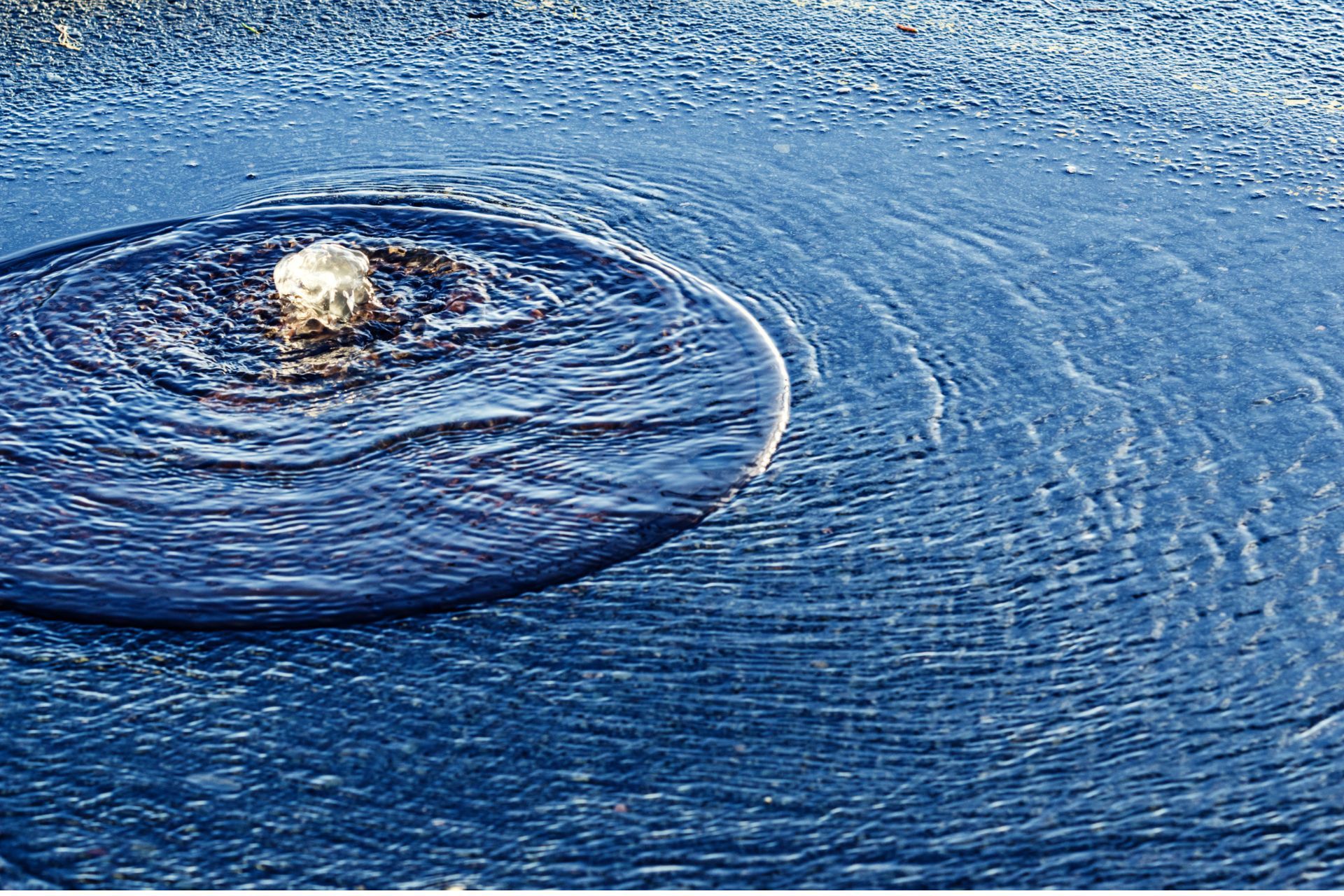
Sewer backup is a common and often unsightly problem that many homeowners face. It occurs when the main sewer line becomes clogged or blocked, causing wastewater to back up into your home. This can result in a foul smell, water damage, and even health hazards if left untreated.
Fortunately, there are some signs to look out for that may indicate a sewer backup is on the horizon. By being proactive and addressing these warning signals early on, you can potentially prevent a major disaster from occurring.
Here are some common signs of sewer backup to watch out for:
Slow draining sinks and toilets
Sewer backups occur when the blockage is severe enough to cause wastewater to flow back into your home through the drains. This can result in unpleasant odors, water damage, and potentially even health hazards due to exposure to sewage. Additionally, sewer backups can be costly to repair and may require professional assistance to resolve.
To prevent sewer backups caused by slow draining sinks and toilets, it's important to be proactive in maintaining your plumbing system. This includes avoiding flushing foreign objects down the toilet, using drain strainers to catch hair and food particles, and regularly cleaning your drains with a mixture of hot water, vinegar, and baking soda.
If you notice your sink or toilet draining slowly, it's important to address the issue quickly before it escalates into a more serious problem. You may be able to resolve the blockage yourself using a plunger or plumbing snake, but if the problem persists, it's best to seek the help of a professional plumber to ensure the issue is properly addressed.
Gurgling noises
One of the most common signs of a sewer backup is gurgling noises coming from your drains or toilet. These noises are often caused by air being trapped in the pipes as sewage and wastewater try to flow through them. As the pressure builds up, the air escapes, creating the distinctive gurgling sound.
But why does this happen? Sewer backups can occur for a variety of reasons, including clogged or damaged pipes, tree root infiltration, or a problem with the city's main sewer line. Whatever the cause, it's important to address the issue as soon as possible to prevent further damage to your plumbing and potential health risks.
If you suspect you have a sewer backup, it's essential to contact a professional plumber immediately. They can assess the situation and determine the best course of action to get your plumbing system back in working order. In some cases, a simple drain cleaning may be all that's needed to resolve the issue. However, if the problem is more severe, you may need to consider more extensive repairs or replacement of damaged pipes.
Foul odors
One of the first signs of a sewer backup is a foul odor in your home. The smell of sewage is unmistakable and can be quite strong, making it impossible to ignore. If you notice this odor, it is important to act quickly to prevent further damage and health hazards.
In addition to the foul odor, you may also notice other signs of a sewer backup, such as slow draining sinks and toilets, gurgling noises in the pipes, or sewage backups in your drains. If you experience any of these issues, it is important to contact a professional plumber right away to assess the situation and determine the best course of action.
Ignoring a sewer backup can lead to serious damage to your property, as well as potential health risks for you and your family. Sewage contains harmful bacteria and pathogens that can pose a significant health hazard if not properly addressed.
One of the most common signs of a sewer backup is multiple drains in your home draining slowly or gurgling when you flush the toilet or run water down the drain. You may also notice water backing up into your sinks, tubs, or toilets when you use a plumbing fixture. In severe cases, you may even experience sewage backing up into your home, causing a foul odor and posing a serious health risk.
If you suspect that you have a sewer backup, it is important to act quickly to prevent further damage to your property and to your health. Contact a professional plumber immediately to assess the situation and determine the best course of action. They may need to use a camera inspection to locate the blockage and determine the best method for clearing it.
In some cases, a sewer backup may be caused by issues outside of your control, such as a city sewer line blockage or a heavy rainstorm overwhelming the sewer system. In these situations, it is important to contact your local municipality as soon as possible to report the issue and seek assistance.
Multiple clogged drains
One of the most common signs of a sewer backup is multiple clogged drains throughout your home. If you're finding that your sinks, bathtub, and toilet are all draining slowly or not draining at all, it could indicate that there is a blockage in the main sewer line.
Another sign of a sewer backup is gurgling noises coming from your drains or toilet. This occurs when air gets trapped in the pipes due to a blockage, causing the water to drain slowly and creating a gurgling sound as it moves through the pipes.
If you notice a foul odor coming from your drains, it could also be a sign of a sewer backup. When wastewater becomes trapped in the pipes due to a blockage, it can start to smell as it sits stagnant in the pipes.
If you suspect that you have a sewer backup, it's important to address the issue as soon as possible. Ignoring the problem can lead to further damage to your pipes and potentially harmful health hazards in your home.
Prevention of Sewage Backups
Sewage backups are not only inconvenient and messy, but they can also pose a serious health hazard. The presence of raw sewage in your home can lead to the spread of bacteria and parasites, causing illnesses and respiratory issues. In addition, the clean-up process can be costly and time-consuming, leading to further stress and inconvenience.
Fortunately, there are several steps you can take to prevent sewage backups in your home. By following these tips, you can minimize the risk of a sewage backup and keep your home and family safe.
- Properly maintain your sewer lines: Regular maintenance of your sewer lines is crucial in preventing backups. Make sure to have your sewer lines inspected and cleaned on a regular basis by a professional plumber. Tree roots, grease buildup, and other debris can clog your sewer lines, leading to backups. By keeping your sewer lines clean and clear, you can reduce the risk of a backup occurring.
- Install a backwater valve: A backwater valve is a device that can be installed in your sewer line to prevent sewage from backing up into your home. This valve automatically closes when water flows in the wrong direction, preventing sewage from entering your home. Installing a backwater valve is a relatively inexpensive and simple way to protect your home from sewage backups.
- Avoid flushing non-flushable items: One of the most common causes of sewage backups is flushing non-flushable items down the toilet. Items such as paper towels, sanitary products, and baby wipes can clog your sewer lines, leading to backups. Make sure to only flush toilet paper down the toilet and dispose of other items in the trash to prevent blockages.
- Dispose of grease properly: Pouring grease down the drain can cause serious clogs in your sewer lines. Instead, dispose of grease in a separate container and throw it away in the trash. This simple step can help prevent backups and protect your sewer lines from damage.
- Monitor your drains: Pay attention to how your drains are functioning. If you notice any slow drainage or bubbling in your sinks or toilets, this could be a sign of a clog in your sewer lines. Addressing these issues early on can prevent a backup from occurring.
Let Tru Flo Plumbing Maintain your Sewer System
One of the best ways to prevent sewer backups is by having your sewer system regularly maintained by a professional plumber. Tru Flo Plumbing is a trusted and reliable plumbing service that specializes in sewer maintenance and repair. With their help, you can keep your sewer system running smoothly and prevent potential backups from occurring.
Regular maintenance of your sewer system involves a thorough inspection of your pipes and drains, as well as cleaning out any buildup or debris that could potentially cause a blockage. Tru Flo Plumbing uses state-of-the-art equipment and techniques to ensure that your sewer system is properly maintained and functioning at its best.
Contact us today to schedule an appointment and keep your sewer system running smoothly.
Address: 3215 Dix Hwy, Lincoln Park, MI 48146 | Phone: 1-877-783-TRUE (8783)
Copyright © 2023 Tru-Flo Plumbing, All Rights Reserved
